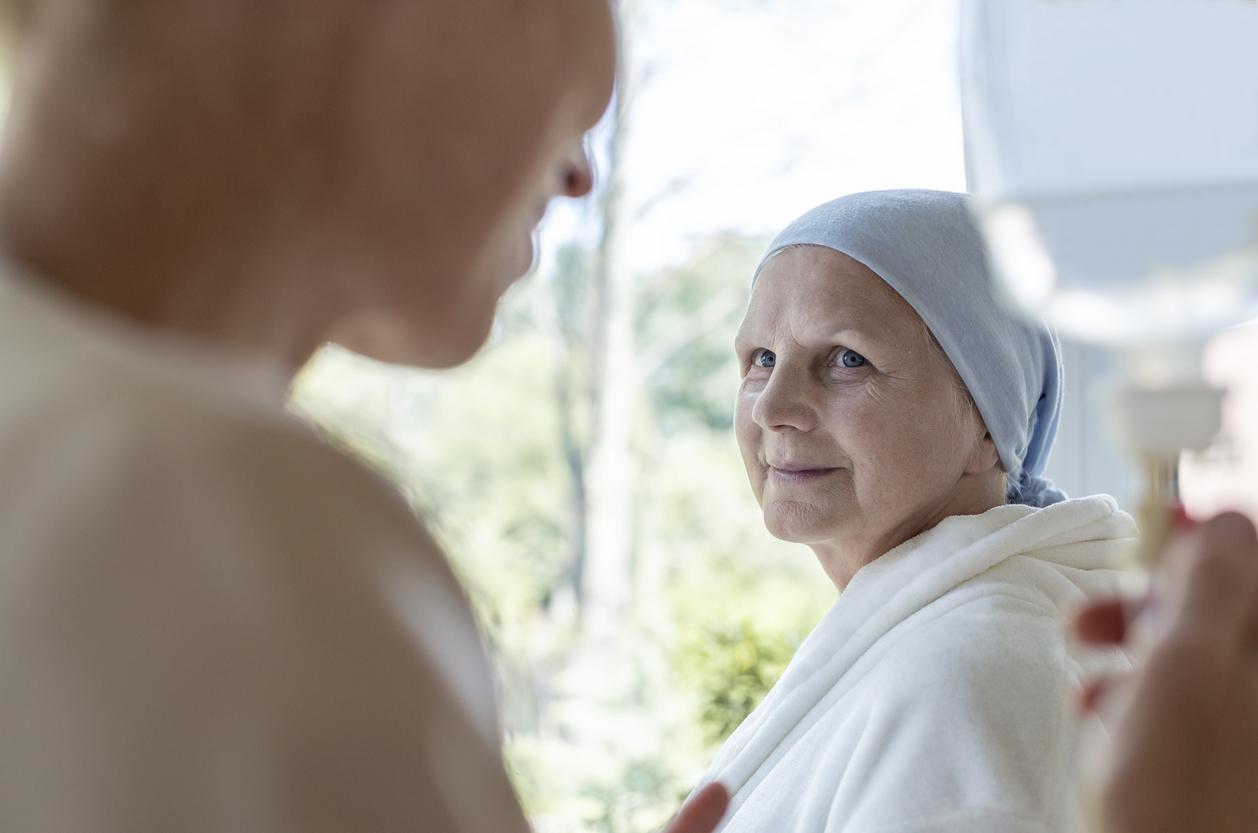In women with ovarian cancer with a BRCA gene mutation, the molecule olaparib would prolong survival by more than a year.

- Some patients with ovarian cancer have a genetic mutation.
- For these, the molecule olaparib improves survival for more than a year.
- Its effectiveness has already been noted in the treatment of pancreatic or breast cancer.
Worldwide, ovarian cancer accounts for approximately 4% of female cancers and is responsible for more than 5% of cancer deaths. Indeed, it is often discovered after the age of 60 at a late stage, which makes its prognosis grim, with approximately 3,500 deaths for 5,000 new cases per year in France. In 2018, 5,200 new cases were diagnosed, placing this cancer in fifth place among female cancers. Among the patients, about 20% of them have a BRCA gene mutation (a phenomenon that is also found in women with breast cancer) and are therefore genetically predisposed.
According to a study presented upstream from the American Society of Cancer Oncology (ASCO), the largest American congress devoted to cancer which will take place virtually from May 29 to 31, the use of a certain molecule would improve the chance of survival for women with this mutation. This is olaparib, present in the drug Lynparza, marketed by Astra Zeneca and Merck laboratories. It is part of the family of PARP inhibitors or poly(adenosine diphosphate-ribose) polymerase.
For this study, named Solo-2 in which France participated, the researchers followed 295 women with relapsed ovarian cancer. The participants had initially been treated with platinum-based chemotherapy and had mutations in the BRCA ½ genes. The scientists divided them into two groups. The first received olaparib and the other a placebo. Five years later, 42.1% of women treated with this molecule were still alive against 33.2% of those in the other group. Thus, this olaparib would prolong the survival of patients by more than a year.
“A significant step forward”
“This study confirms that olaparib should be the standard maintenance therapy for patients with relapsed BRCA 1/2-related ovarian cancer responding to platinum-based chemotherapy. This is a significant step forward for women with this type of cancer whose prognosis is historically poor”comments Dr. Richard L Schilsky, vice-president of the2020 and oncologist.
Currently, olaparib is approved in many countries to treat patients with relapsed platinum-sensitive ovarian cancer, regardless of BRCA mutation status. Its effectiveness has already been noted in the treatment of pancreatic or breast cancer.
The PARP inhibitors are molecules increasingly used in the treatment of cancers, especially of the breast and ovary for patients carrying a germline mutation of the BRCA gene. “In the mutated BRCA cell, if we block PARP, we end up with a virtual inability to repair the DNA of the cancerous cell which will eventually die due to the accumulation of DNA anomalies”, explained Dr Philippe Montereau in one article that appeared on Why Doctor about the Solo-1 trial last year.

.

















